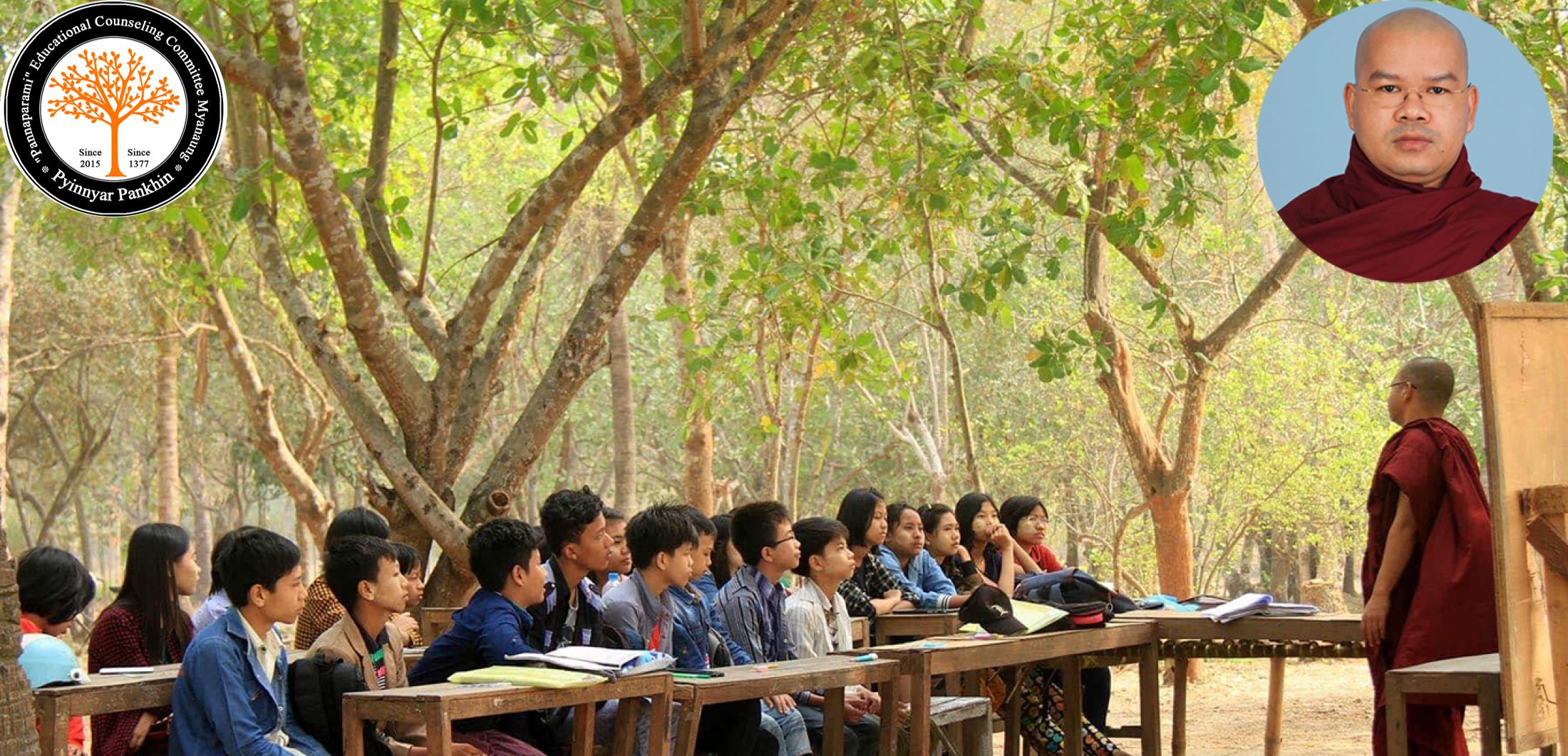Verb phrases & Auxilliary (Helping) verbs
Today the lesson concerns Verb phrases & Auxilliary (Helping) verbs. Sometimes verbs are made up of more than one word. The words work together to perform one job: the job of a verb.
When more than one word is acting as the verb, all of the words together are called a verb phrase.
Verb phrases are two or more verbs acting together as one verb. They are made from one main verb and one or more helping verbs. Examples: will run, might have jumped, had painted
Verb phrases must have a main verb.
The main verb is the one that carries the most meaning. There are many, many main verbs. (teach, jump, skip, climb, learn…)
Verb phrases must also have one or more helping verbs.
Helping verbs help the main verb. They express certain tenses or conditions of main verbs, and they can’t stand on their own. If you have a helping verb, then you must also have a main verb.
Examples: will run, might have jumped, had painted, would study, could learn
There are only 24 helping verbs.
You would find it extremely helpful to memorise all 24 helping verbs. Memorising them is necessary for learning grammar.
You just have to do it.
If you learn them now, you’ll save yourself a lot of confusion later on.
Here is a list of the helping verbs.
Helping Verbs
- am, are (2x)*
- be, been, being (3x)*
- can, could (2x)*
- Did, do, does (3x)*
- had, has, have, having (4x)*
- is (1x)*
- may, might, must (3x)*
- shall, should (2x)*
- was, were, will, would (4x)*
*(remembering alphabetically may help you to remember more easily – example 1 x beginning with letter i, – 2 x beginning with letters a, c, & s – 3 x beginning with letters b, d, & m – 4 x beginning with letters h & w)
Home I Verbs I Grammar lessons
AGH / Feb 2020
